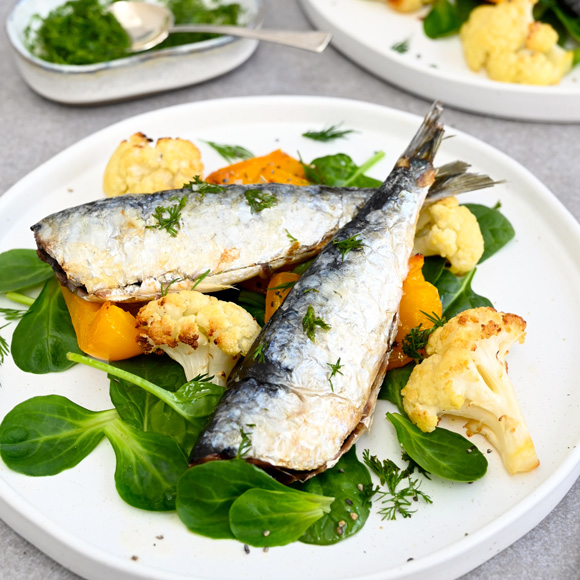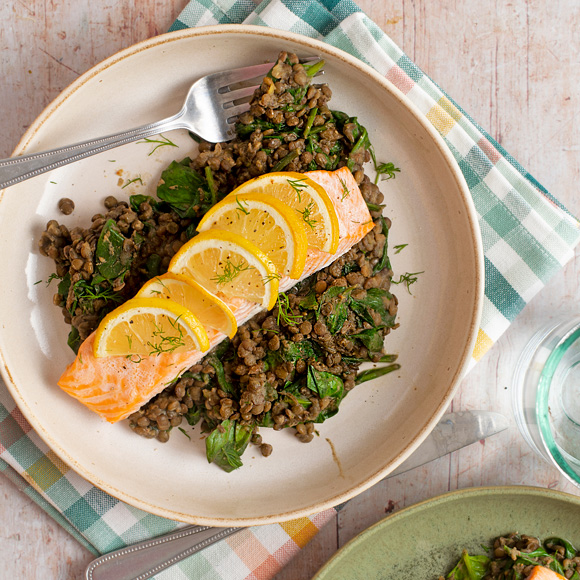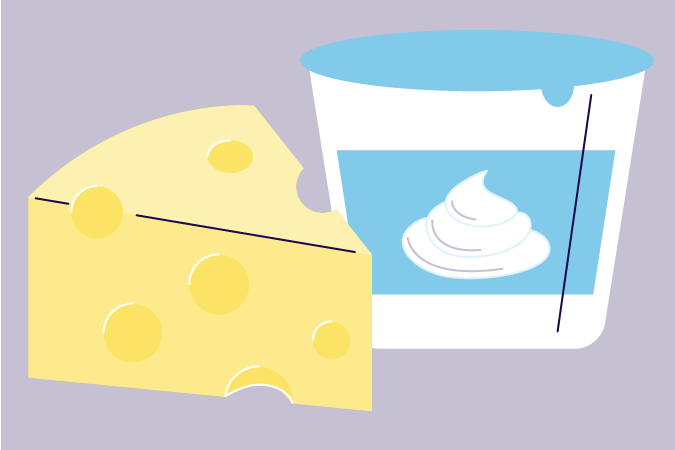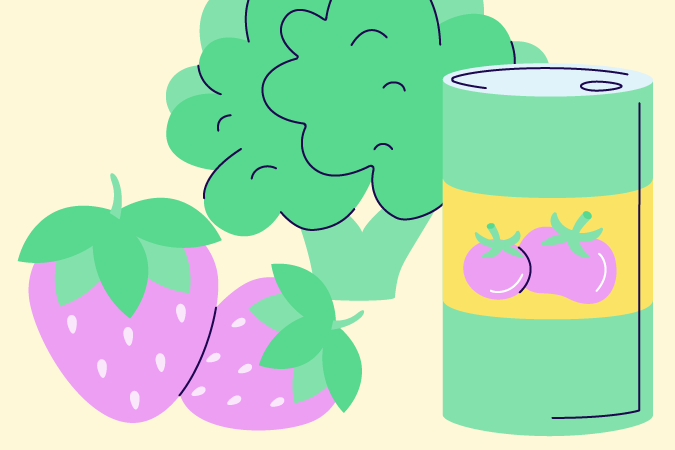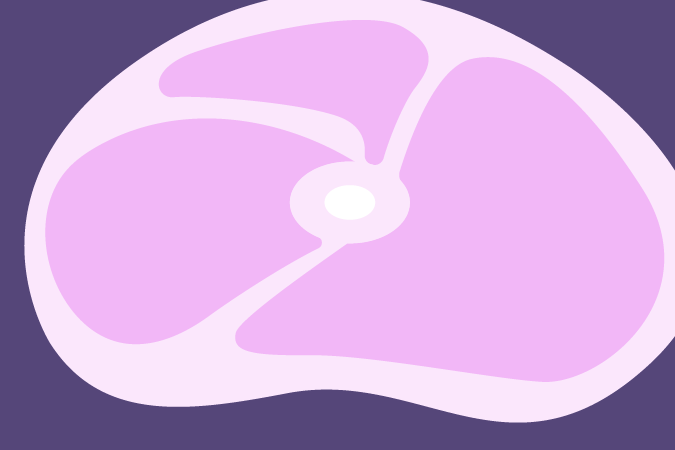Fish and cancer
Find out about different types of fish – such as white, oily and shellfish. Plus, explore the evidence on fish and cancer, and browse our delicious recipes for pescetarians.
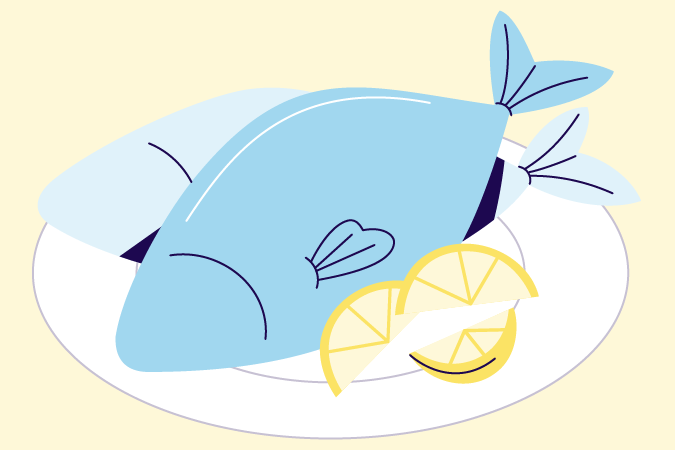
On this page
There are many different types of fish, but they can be broadly categorised as:
- white fish (eg cod)
- oily fish (eg salmon)
- shellfish (eg prawns)
Is fish healthy?
The NHS in the UK advises that a healthy, balanced diet should include at least 2 portions of fish a week, including 1 portion of oily fish. That’s because fish including shellfish are good sources of protein and contain many different vitamins and minerals. Fresh, frozen and tinned fish all count.
White fish includes:
- cod
- haddock
- plaice
- pollock
- flounder
- red mullet
- gurnard
- tuna
- tilapia
These are a good source of vitamin B12. They are also high in protein and low in saturated fat, which makes white fish a healthier alternative to red and processed meat.
Oily fish includes:
- salmon
- herring
- pilchards
- sardines
- trout
- mackerel
Oily fish contain long-chain omega-3 fats, which are important for our heart and to keep our brain healthy. Some white fish and shellfish also contain omega-3, but not as much as oily fish.
Shellfish includes:
- prawns
- mussels
- scallops
- squid
- langoustine
Shellfish are low in saturated fat, and a good source of protein, selenium, zinc and iodine. Try to eat fish from sustainable sources. The Marine Stewardship Council (MSC) has guides to finding sustainably sourced fish in many different languages.
If cooking fish, it’s better to steam, bake or grill them, rather than fry.
What’s the evidence behind fish and cancer?
Our research shows some evidence that eating fish can lower the risk of bowel and liver cancer, but there is not enough evidence to have a specific Recommendation to eat more fish.
> See all our Cancer Prevention Recommendations
We also have strong evidence that Cantonese-style salted fish increases the risk of nasopharyngeal cancer (a rare type of head and neck cancer).
A specific recommendation about avoiding eating Cantonese-style salted fish has not been made, as this type of fish is eaten only in parts of the world. Nevertheless, we recommend that you don’t eat Cantonese-style salted fish.
Diet and Cancer Report
Our 2018 Diet and Cancer Report looked at meat, fish and dairy products, and the risk of cancer.
What if I don’t eat fish?
Although oily fish is one of the best sources of omega-3, if you don’t eat fish, you can eat plant-based omega-3 sources such as:
- flaxseeds
- chia seeds
- hemp seeds
- omega-3 enriched eggs
- edamame (immature soybeans)
- walnuts
